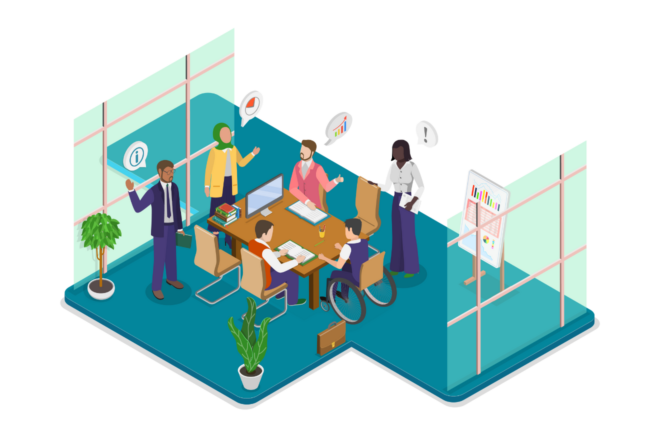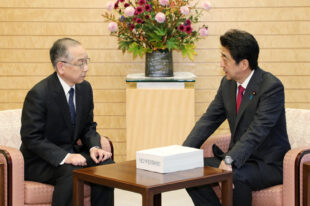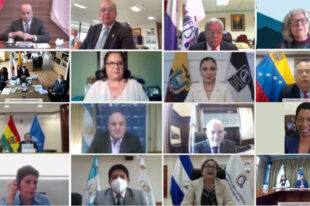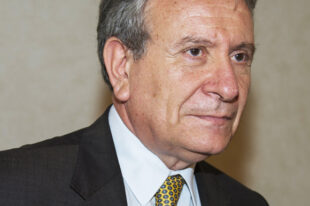Talking about equality, inclusion, and harassment prevention in Supreme Audit Institutions: the experience of the Brazilian Federal Court of Accounts

Authors: Marcela de Oliveira Timóteo, Cláudia Gonçalves Mancebo, Valéria Cristina Gomes Ribeiro
Institutions that begin to develop efforts on issues such as gender equality, diversity and inclusion, and prevention of harassment know that it is natural for resistance, discomfort, and questions to arise within the workforce. This is normal and legitimate, as in any organizational process involving innovation or change.
In addition, initiatives related to such issues are generally initiated through training and awareness-raising processes, which include articles in internal newsletters, talks, and courses. A major challenge arises during this process: how to engage employees who are less interested or more resistant to such educational actions?
The Brazilian Federal Court of Accounts, which has been working to include people with disabilities since 2015 and has greatly intensified other actions in the areas of equity, diversity, and inclusion, and preventing and combating harassment in the last two years, has also had to face this issue. Overall, whenever an event or training on these topics was promoted, the audience was primarily made up of people who were already engaged in the issues being addressed.
Rather than forcing staff to take part in actions, the institution’s culture and management style recognize the need for a more sensitive and effective approach to address such crucial issues in the promotion of a healthy environment. This makes it necessary to use another strategy that will reach a larger number of people and promote a culture of respect and non-discrimination more effectively.
The strategy involved including such topics in other opportunities where staff presence is already mandatory with a historically high attendance rate through workshops and talks to open the discussion of diversity, equity, and inclusion with staff. The main actions carried out in this regard in 2023 and 2024 are highlighted below:
- Workshops on the themes of Diversity and Inclusion and Prevention and Fight Against Harassment in an integration event of the General Secretariat of Administration, which brought together 250 civil servants from the TCU’s administrative branch.
- Workshop on the theme Healthy and Sustainable Environment in the Meeting of the Heads of Administrative Units, addressing issues related to discrimination, harassment, and ableism, for 100 managers.
- Workshop titled Fighting Harassment and Promoting Inclusion: How Does This Relate to Me? in both onboarding programs carried out in 2023 to welcome and integrate 70 new external control federal auditors.
- Public talk titled The Role of Leaders in the Promotion of a Healthy, Productive, and Sustainable Workplace during the 2023 Directors Conference, attended by 150 senior managers and presented by one of Brazil’s leading experts on diversity and inclusion, psychologist and Master of Psychology Mafoane Odara.
- Online workshop titled Healthy and Sustainable Environment – Equality, Diversity, and Inclusion Within Organizations as part of the “Urban Dialogue”, a recurring event that brings together the team from the Audit Department for Urban and Water Infrastructure (around 50 people) to discuss relevant issues for the department’s work and activities.
During these meetings, participants were invited to reflect on situations of moral and sexual harassment, racism, ableism, sexism, homophobia, and ageism through talks and case studies. By engaging in exercises that promote self-analysis and empathy, participants move from theory to practice. The content covers both national and specific Brazilian public administration statistics, awareness-raising videos, publicizing of management actions, policies, regulations, and anonymized real cases.
The teams responsible for the actions received very positive feedback. In addition to the participants’ active involvement, reaction evaluations have shown that the activity has strong acceptance from the audience.
In terms of results, events like these encourage people to feel more comfortable discussing these issues and voluntarily taking part in other training activities on the same topics.
Another positive outcome that can be stressed is that, as a consequence of internal media promotion and the events’ repercussions, managers have been asking those in charge of the initiatives to carry out similar actions with their teams.
Additionally, it is worth noting that people who belong to minority groups, such as women, Black, LBTQIA+, and disabled individuals, report that it is important to bring these issues to the table within the organization through these training sessions. This opportunity allows many to verbalize their point of view and to speak frankly about issues that for a long time were considered taboo within the institution. This tends to strengthen their sense of belonging and psychological security in their work environment.
Notable lessons learned include:
- The importance of support from high management for proposals to address these topics in traditional events that are widely attended by civil servants.
- The relevance of organizational bodies that deal with these issues and are able to address awareness-raising and training needs, such as the TCU’s Technical Committee for Equity, Diversity, and Inclusion and the Technical Committee for Preventing and Confronting Moral Harassment, Sexual Harassment, and Discrimination.
- The need for a comprehensive approach when addressing themes such as harassment and discrimination, gender and race equality, and inclusion of people with disabilities.
- The importance of having instructors that have both in-depth knowledge of these topics and the ability to engage with diverse perspectives.
Finally, the TCU’s experience confirms that cultural changes demand time and effort and that raising awareness of sensitive issues in the organization requires leaders to have a firm, creative, and innovative approach, both at the strategic and operational levels. As a result, we are able to build healthier and more inclusive work environments for everyone.





